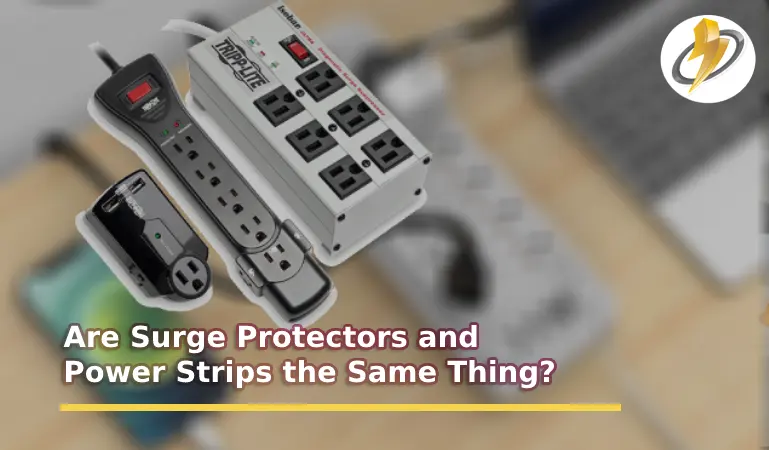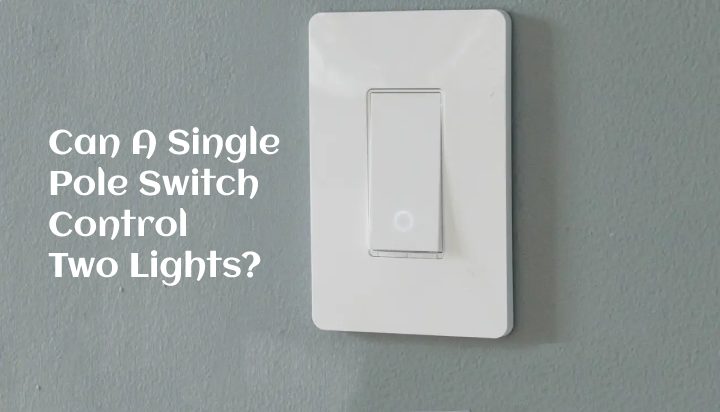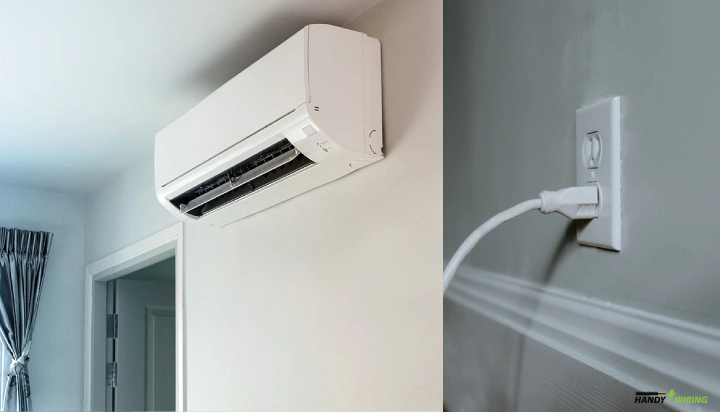Usually, when our circuit breaker trips, we blame it on the energy-consuming appliances and devices like air-conditioners, straighteners, curling iron, blender, and the like. However, what if the circuit breaker trips when no such machines are connected. Hence it is natural to wonder- why does my breaker keep tripping with nothing plugged in?
It might cause alarm as something significant with your electrical system might be at risk as faulty electrical systems can cause fires.
Here, we describe the problems, solutions, and risks of frequent breaker trips. Keep on reading to learn more!
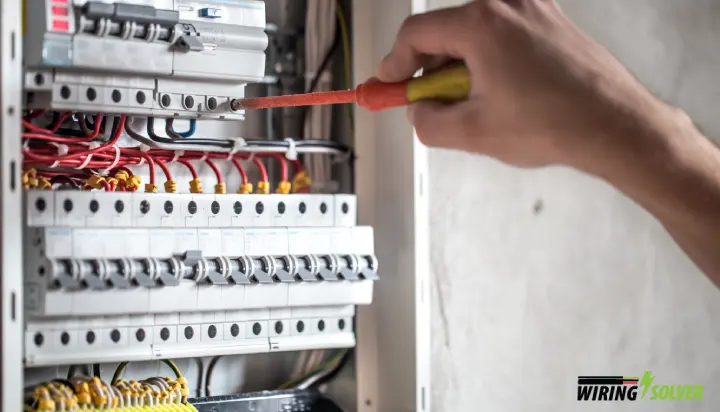
Why Does My Breaker Keep Tripping With Nothing Plugged In
Power outage at your home when all other buildings have their power? It can happen when your circuit breaker has tripped. It can trip when there is an overload of current caused by an appliance. However, you are sure that all appliances that operate with high watts are plugged out, then what causes a breaker to trip when nothing is on?
Several things could cause your circuit breaker to malfunction frequently, even without anything plugged.
1. Short Circuit from Faulty Wires and Outlets
When there are repeated circuit breaker trips when no appliances are connected, your house has some wiring problem. A short circuit can happen with wires damaged from use and through problematic electrical connections, switches, and appliances.
When a short circuit happens, it causes the wire to overheat and overload. It can harm your appliances, so a circuit breaker falls and acts as a protective mechanism to save your devices from harm.
2. Problems with Ground Fault
When an active wire interacts with the ground, a large amount of current flows from the ground to the connected device. This current overload can damage your property; hence, to save the appliance, a mechanism kicks in, causing the circuit breaker to fall.
Ground Fault can happen when there is a defective Ground Fault Circuit Interrupter (GFCI) because GFCI traditionally protects ground electrical discharge.
However, sometimes ground fault occurs when no appliance is connected to GFCI. So, why does GFCI trip with nothing plugged in? It happens when moisture accumulates in the outlet or the circuit is overloaded from a malfunctioned or loose wire.
3. Problem with Circuit Breaker
When you have a frequent malfunction with the breaker, the breaker in itself can be at fault. In addition, with age, the breaker can stop working properly and may need to be replaced if the circuit breaker trips aren’t happening because of short circuits and ground fault problems.
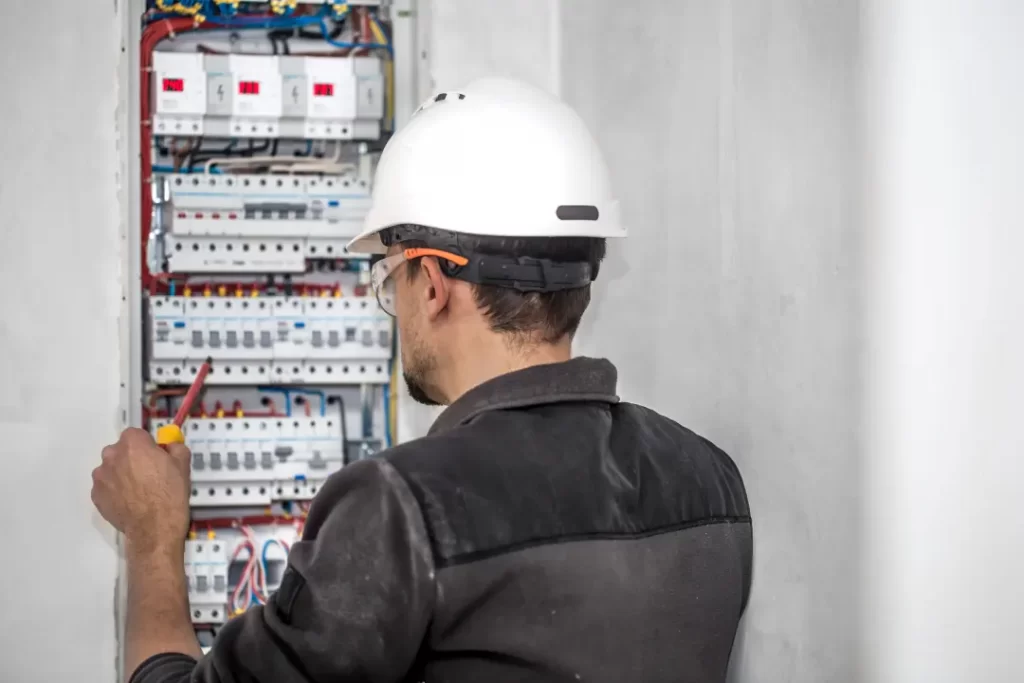
What to Do After Identifying a Bad Breaker?
The first step towards solving a problem is understanding where the faults are. For example, since one of the reasons for frequent breaker trips is a faulty bad breaker, you should know other signs indicating issues with the service panel. So, what are signs of a bad breaker?
There are a number of signs that allude to the malfunctioned service panels.
- Recurrent circuit breaker trips.
- A circuit board older than 40 years.
- The lights flicker at your home, appliances do not work at full capacity, and have to be replaced frequently.
- A burnt smell coming from a circuit board
- Melted wires and heated panel.
After identifying that the circuit breaker is compromised from the signs listed above, it is time to fix the issues.
1. See What The Breaker Protects
A sheet in a circuit breaker panel reveals what the breaker is protecting. After identifying the room or outlet causing the problem, you can disconnect any appliance, or if no machines are connected, test those circuit outlets.
This should ideally be done by a professional as mishandling things related to electricity can be dangerous and, at times, life-threatening.
2. Correct the Circuit Breaker
After identifying the problem, note the problematic outlet number down to show your electrician. After that, reset the circuit breaker by pushing the switch up for a few seconds; if the power comes back, there is no major problem.
However, if the circuit switch trips again, that can indicate faulty wiring, ground fault, short circuit, or electricity overload.
3. Change The Circuit Board
The lifespan for a circuit board is 40 years, so if it is older than 40 years, it might start malfunctioning. Hence, replace the service panel for optimum electrical conditions at your home.
Do You Have to be Alarmed from Frequent Circuit Breaker Trips?
It is natural to have a few circuit breaker trips over a year, but if it happens constantly, that can be stressful as you worry about electrical problems at your house. So, is it dangerous if the circuit breaker keeps tripping? Is it life-threatening?
A circuit breaker is one of the crucial parts of electrical maintenance in a house as it protects the electrical wires from getting overheated. Overheated wires are the leading cause of electrical fires. Breaker trips when unusually high current flows or when your house reaches its maximum voltage capacity. However, if that protective mechanism has some problems and trips often, it raises the risks of electrical fires.
So frequent circuit trips can be dangerous and possibly life-threatening if a fire starts due to it.
Final Remarks
When a circuit breaker trips often, it is a cause of concern and more so when you notice that no appliances had overloaded the system to cause the trip. So, it is only fair for you to ask why does my breaker keep tripping with nothing plugged in?
Our guide elaborated on circuit breaker malfunctions, signs to identify a bad breaker, and recommends ways to fix the problem. Furthermore, it cautions you to be wary of such frequent circuit breaker trips as they can cause electrical fires that can harm you and the people living in your building.

![Why Does Power Flicker During Storms? [Explained]](https://wiringsolver.com/wp-content/uploads/2022/11/Why-Does-Power-Flicker-During-Storms.jpg)

